- Two civilians killed, two injured in junta airstrike on Ramree village
- Bo Nagar’s defection raises security fears for resistance forces in Myanmar’s heartland
- Weekly Highlights from Arakan State (Feb 2 to 8, 2026)
- Freedom of expression curtailed in resistance-controlled areas, report finds
- Conflict leaves Arakan’s historic pagodas in ruins as restoration stalls
Flood-damaged crops another challenge for Arakan State farmers
“Rice plants are now covered in mud after the flood. Perhaps one-third of rice plants may survive if it rains. But they won’t if it does not rain,” said farmer U Maung Thein Aung from Maha Muni Village.
07 Aug 2024
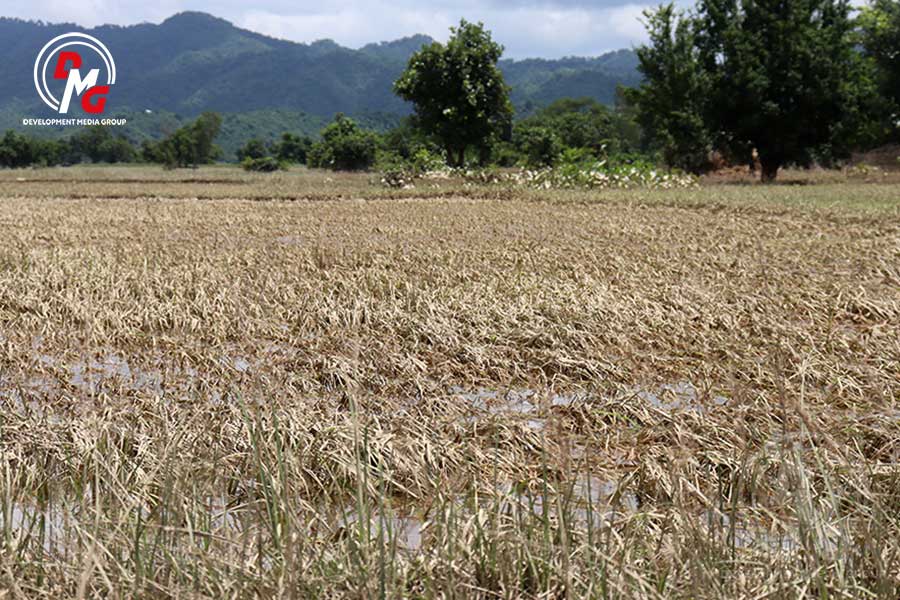
DMG Newsroom
7 August 2024, Sittwe
Thousands of paddy fields were destroyed by recent floods in Kyauktaw, Mrauk-U and Minbya townships in Arakan State, according to farmers, who say a clearer picture of the damage wrought is now coming into focus.
Nearly 100 acres of farmland were destroyed in Maha Munit Village, Kyauktaw Township, where floodwaters rose as high as 10 feet, said residents.
“Rice plants are now covered in mud after the flood. Perhaps one-third of rice plants may survive if it rains. But they won’t if it does not rain,” said farmer U Maung Thein Aung from Maha Muni Village.
At least five villages in Kyauktaw Township suffered from severe floods.
Farmers said stored paddy grains were also soaked through by heavy rains and floodwaters.
Daw Ma Thein Han from Maha Muni Village said: “All my paddy at the silo got wet. I am drying them though I am not sure if it will work.”
Farmers face financial difficulties to replant their crops amid the soaring costs of agricultural inputs from fertiliser to fuel.
“We can’t afford to regrow paddy. It is so depressing,” said farmer U Than Tun Naing from Taung Oo Village.
Farmers say they still have time to replant their paddy fields, but face costs for new paddy seeds, fertiliser, fuel and other expenses that will likely prove prohibitive for many.
This year, farmers in Arakan State only grew around 500,000 acres of farms, a decline by half from a year earlier, according to the Danyawaddy agricultural association in Mrauk-U Township.
The floods came as another blow to local rice farmers, potentially posing a challenge to food security in Arakan State next year as well.
“If we can’t grow well this year, it may affect food sufficiency next year,” said U Maung Thein Hla, secretary of the Danyawaddy agricultural association.




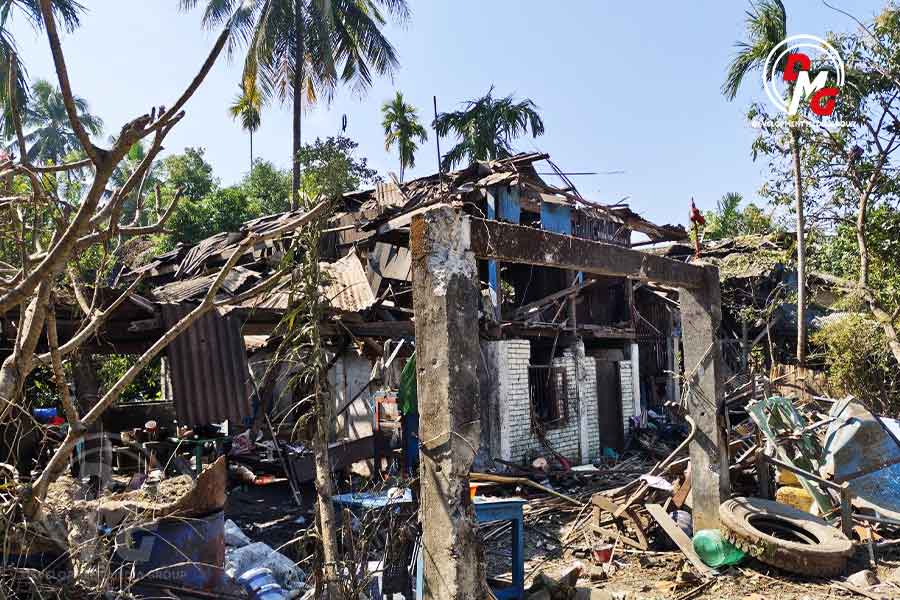

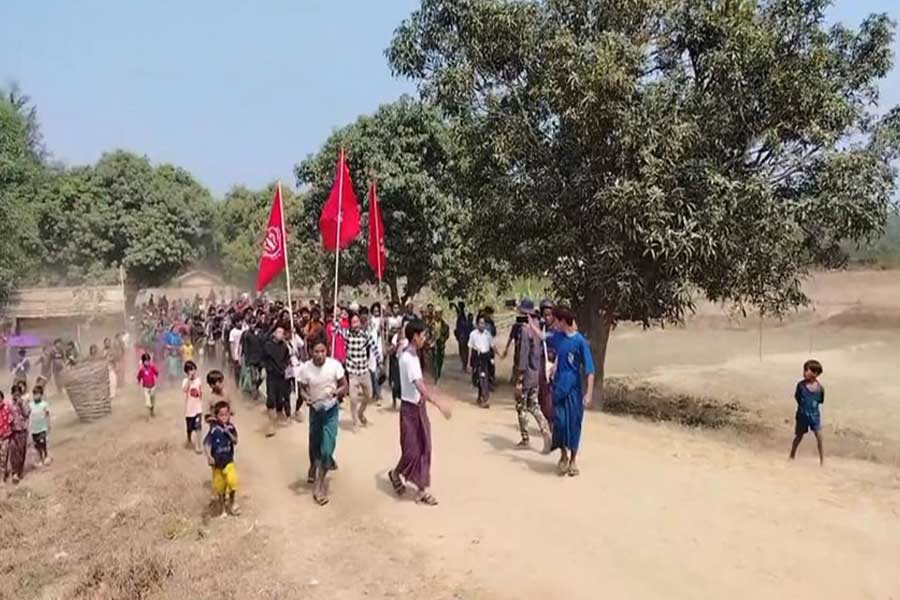
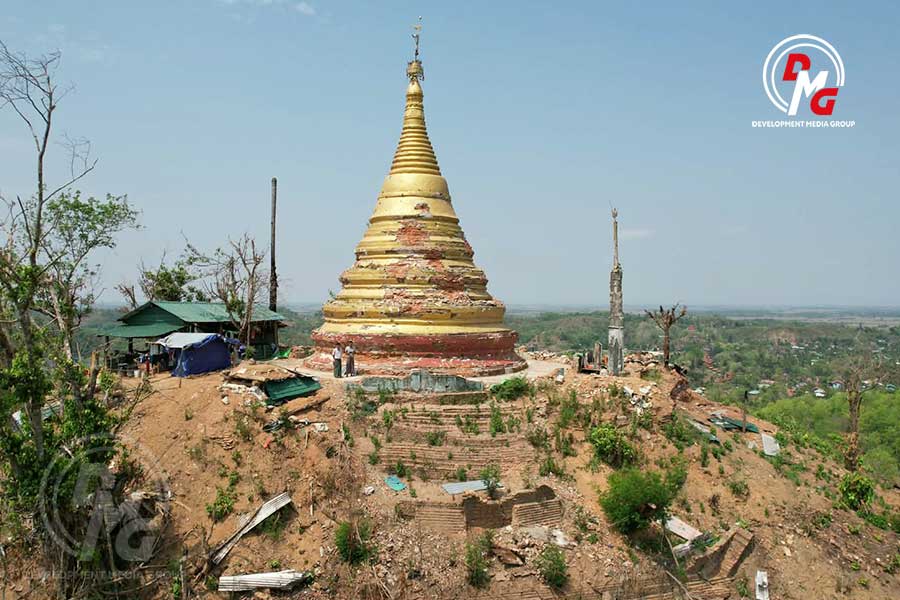
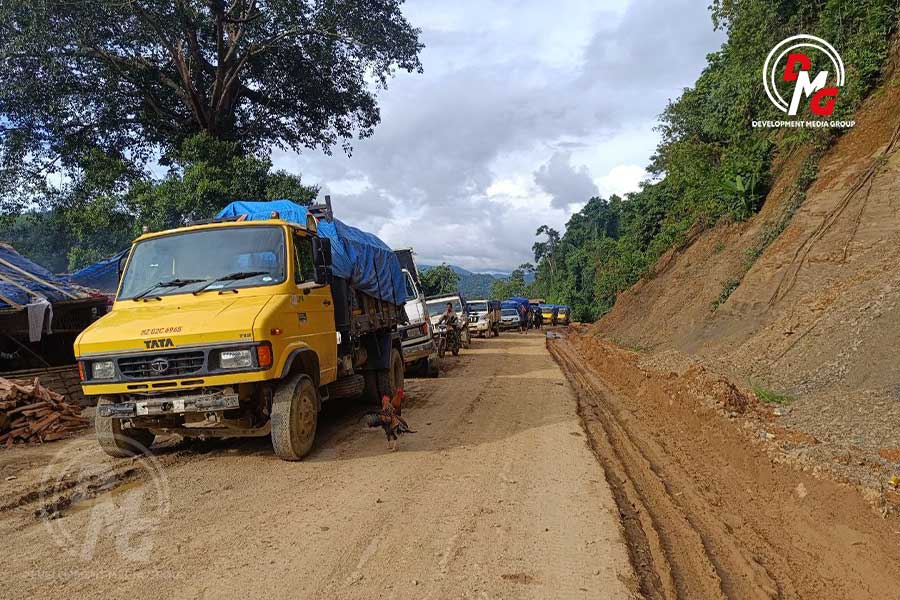







.jpg)
